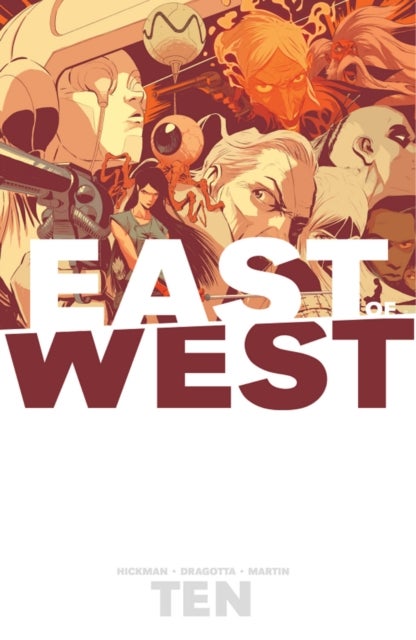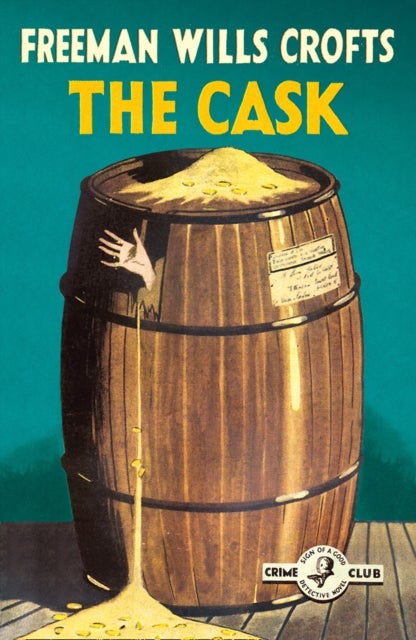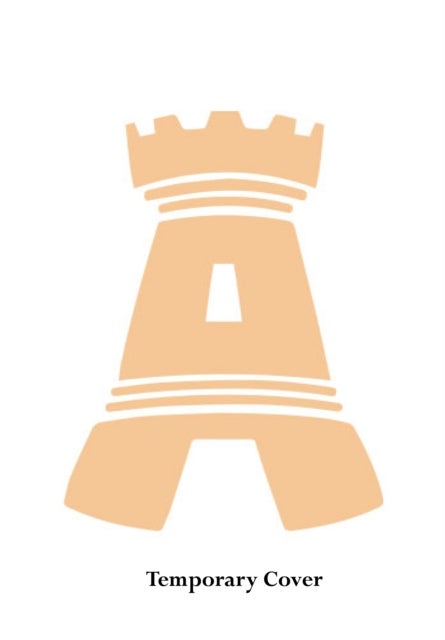
Fundamentals of Market Access for Pharmaceuticals av Eric Bouteiller, Annie Chicoye
749,-
<p>Pharmaceuticals are an essential part of health care, and mainly sourced by companies investing in costly R&D and production at their own risks to make them globally available. However, access for patients in need can be restricted due to insufficient medical resources and/or unaffordability. The dilemma between rewarding innovation with prices in line with value and risks for companies and ensuring affordability for patients or health insurances has become critical for all stakeholders, with political and economic implications. The development of universal health coverage puts pressure on governments to control directly or indirectly reimbursement and prices of pharmaceuticals, whereas the flow of innovations addressing infectious, chronic, and life-threatening diseases, thanks to accelerated scientific progress, is growing constantly.<br/>Management of pharmaceutical health care expenditure approach varies according to the historical, cultural, an








